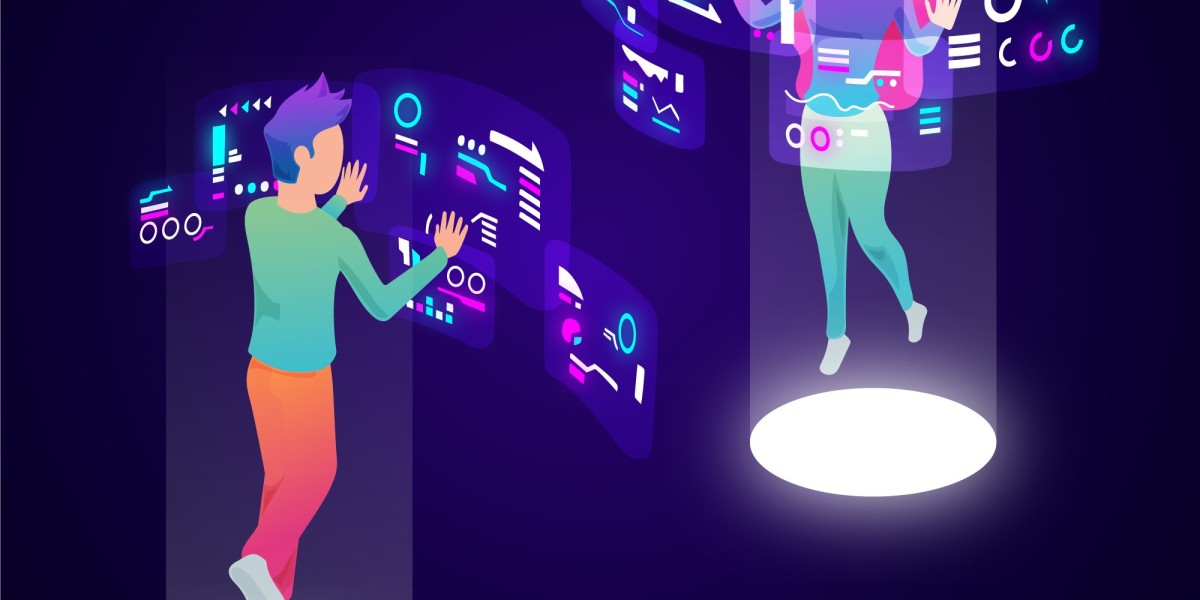Technology is evolving faster than ever, and one of the most groundbreaking developments on the horizon is quantum computing. Unlike classical computers, which use bits that represent either 0 or 1, quantum computers use quantum bits (qubits) that can represent 0 and 1 at the same time. This unique property, called superposition, allows quantum computers to solve complex problems much faster than traditional computers. They are set to revolutionize industries by offering speed and power beyond anything currently available.
How Quantum Computing Works
Quantum computers rely on the principles of quantum mechanics, such as superposition and entanglement. Superposition allows qubits to be in multiple states at once, while entanglement links qubits together so that changing one instantly affects the others. These properties give quantum computers the ability to perform many calculations in parallel. Instead of going through one possibility at a time like normal computers, they explore countless options simultaneously, making them extremely powerful for solving complex tasks.
Impact on Agriculture
Quantum computing might seem far removed from farms and fields, but it could play a major role in creating more efficient food systems. For example, it can analyze massive datasets from soil sensors, weather patterns, and crop genetics to optimize farming practices. This approach can boost smart agriculture by helping farmers predict the best times to plant and harvest, reduce water use, and prevent crop diseases. As the global population grows, using advanced computing to produce more food with fewer resources will be vital.
Revolutionizing Healthcare
In healthcare, quantum computing has the potential to speed up drug discovery and develop personalized medicine. Traditional drug research can take years, but quantum computers can simulate molecules and their interactions with the human body much faster. They can also process genetic data quickly to create treatment plans tailored to each individual. This could save lives and lower the cost of healthcare worldwide, making treatments more accessible.
Transforming Cybersecurity
Quantum computing will also reshape cybersecurity. While it can break some of today’s encryption methods, it can also create stronger ones. Quantum encryption uses the laws of physics to protect data, making it nearly impossible to hack. Businesses, banks, and governments are already exploring quantum-safe security systems to protect sensitive information. In the future, data security might depend entirely on quantum technologies.
Boosting Artificial Intelligence
AI and quantum computing could form a powerful combination. AI relies on huge amounts of data, and quantum computers can process this data faster than any current supercomputer. This means AI models could be trained much faster and become more accurate. Imagine AI systems that learn in days what currently takes months. This could accelerate innovations in everything from robotics to climate modeling.
Applications in Entertainment
Quantum computing could even influence entertainment industries in unexpected ways. Game developers might use its power to create more advanced physics engines or generate ultra-realistic environments on the fly. For instance, developers working on custom arcade software could use quantum algorithms to make game worlds that adapt in real time to players’ actions, offering a unique experience every time someone plays. This would push the boundaries of what games can do and how immersive they can become.
Challenges of Quantum Computing
Despite its promise, quantum computing still faces major challenges. Building stable qubits is difficult because they are very sensitive to their environment. Any slight disturbance can cause errors. Also, quantum computers need extremely cold temperatures to work, making them expensive and hard to maintain. Researchers are working to fix these issues, but it may take years before quantum computers are widely available and affordable.
The Future of Quantum Computing
Even though practical quantum computers are still in development, progress is happening quickly. Tech giants, startups, and governments are investing heavily in this field. As hardware improves and software becomes more advanced, quantum computers will likely move from labs into everyday business use. When that happens, we may see breakthroughs in many areas—faster internet, better climate predictions, smarter cities, and new kinds of technology we can’t even imagine yet.
Conclusion
Quantum computing represents a giant leap forward in technology. It has the potential to solve problems that are impossible for classical computers, from improving agriculture and healthcare to reshaping cybersecurity and gaming. While challenges remain, the pace of progress is impressive. As quantum technology becomes more reliable and accessible, it will transform how we work, live, and play. The future of computing might not just be faster—it could be fundamentally different, opening doors to possibilities we’ve only dreamed of.







